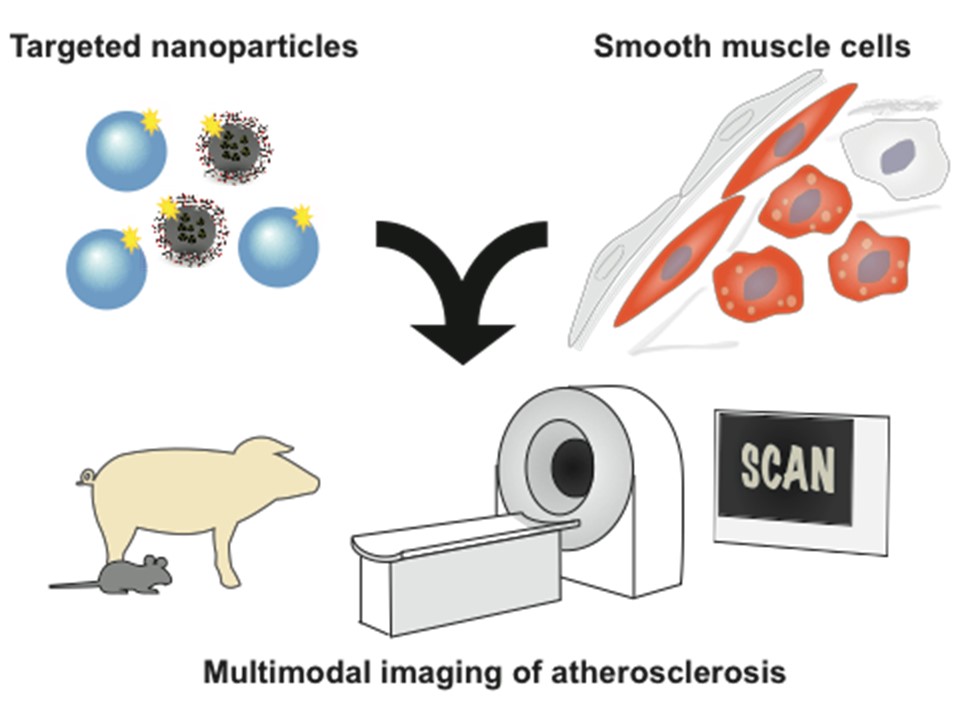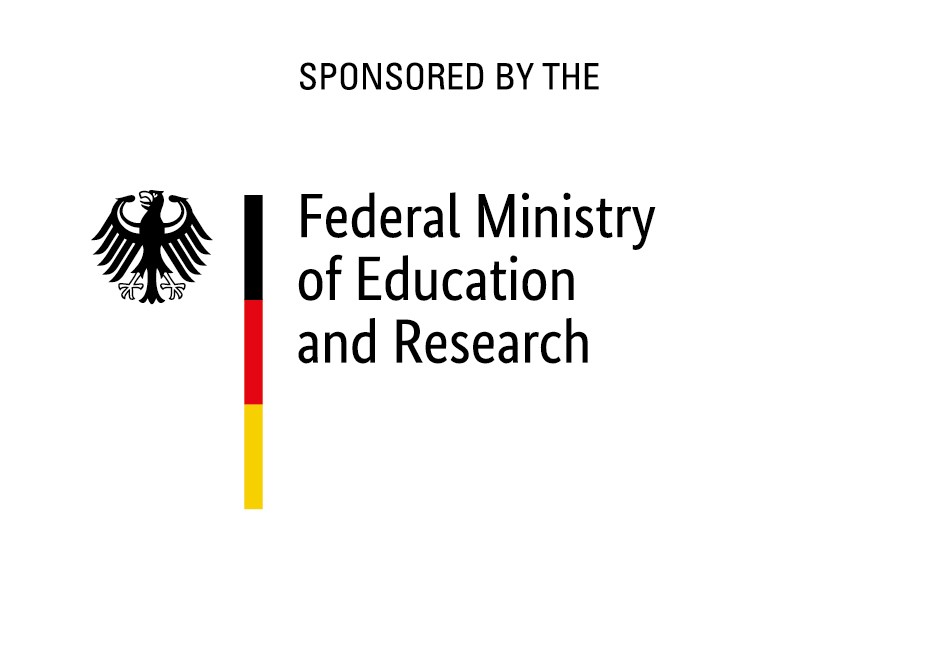News
03.09.2018
New International Project for Cardiovascular Research
Biochemists at the University of Tübingen collaborate with partners in Madrid and Nijmegen to develop innovative strategies for improved diagnosis and treatment of atherosclerosis.
(Deutsche Version unter attempto online)
Atherosclerosis and its complications, heart attack and stroke, are a major cause of death worldwide. The disease is initiated by inflammatory processes after injury of the vessel wall. Atherosclerotic plaques contain multiple cell types and can show stable and unstable properties. Unstable plaques are prone to rupture, which triggers the formation of thrombi and occlusion of blood vessels.
The newly funded study is an international collaboration between Dr. Susanne Feil from the Interfaculty Institute of Biochemisty, University of Tübingen, and partners in Madrid and Nijmegen. Their project “SCAN -subclinical atherosclerosis characterization: nanoparticle-based molecular and cellular imaging” aims to visualize smooth muscle cells in atherosclerotic plaques by using modern non-invasive imaging technology.
The researchers from Tübingen recently identified a new role of smooth muscle cells in atherosclerosis and showed that they can lose typical smooth muscle properties and instead develop to macrophage-like cells. This process of smooth muscle-to-macrophage transdifferentiation might influence plaque stability and, therefore, the risk of plaque rupture and infarction. The consortium wants to develop nanoparticles that can be used to specifically detect and visualize the transdifferentiated plaque cells via imaging in preclinical mouse and pig models. In the future, this innovative approach might enable physicians to distinguish unstable and potentially dangerous plaques from stable ones in humans. Thus, nanoparticle-based imaging of plaque stability might allow for early diagnosis of a patient’s infarct risk and for initiation of appropriate treatment.
The project is supported by the EU Framework Programme for Research and Innovation ‘Horizon 2020’ (ERA-CVD). It is funded for three years with about 750,000 €. The German sponsor is the BMBF.
Contact information:
Dr. Susanne Feil
University of Tübingen
Interfaculty Institute of Biochemistry
Phone +49 7071 29-73393
susanne.feil@uni-tuebingen.de


